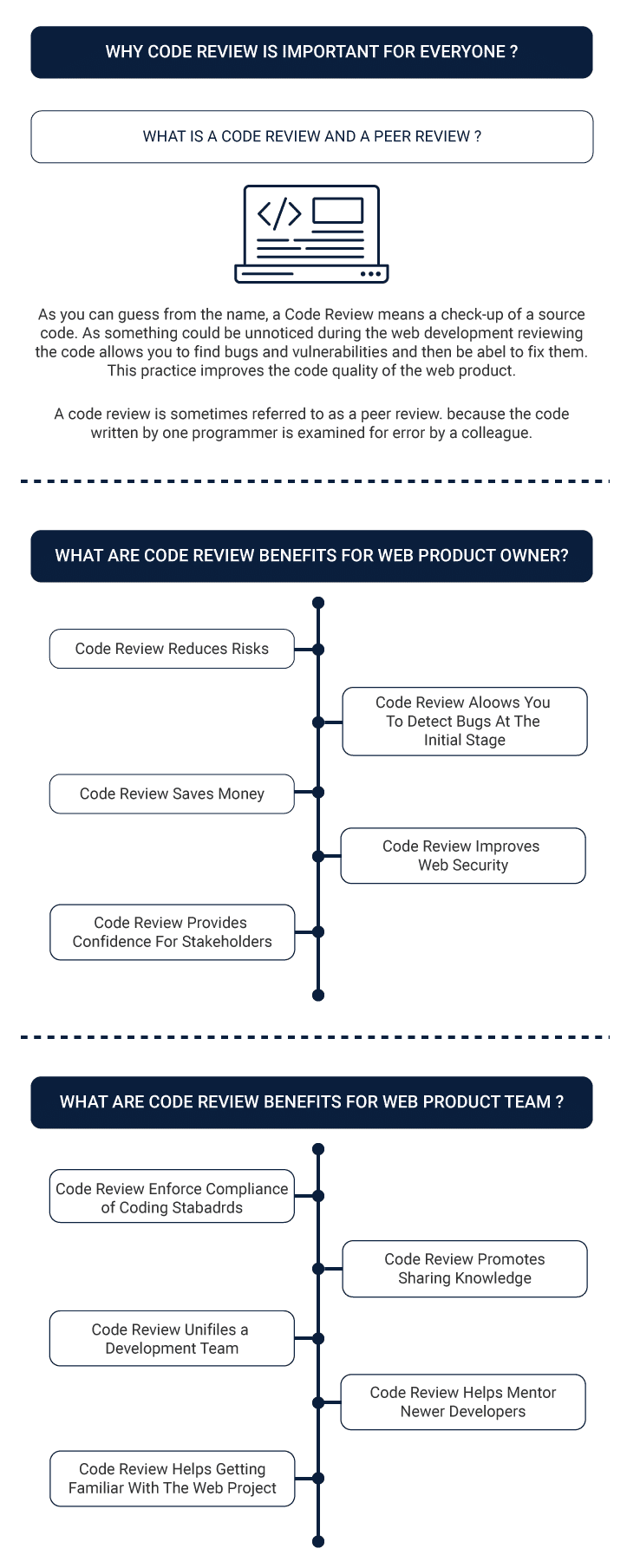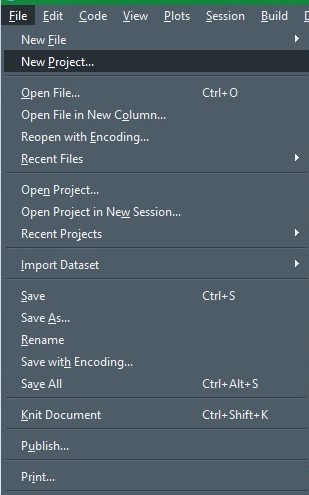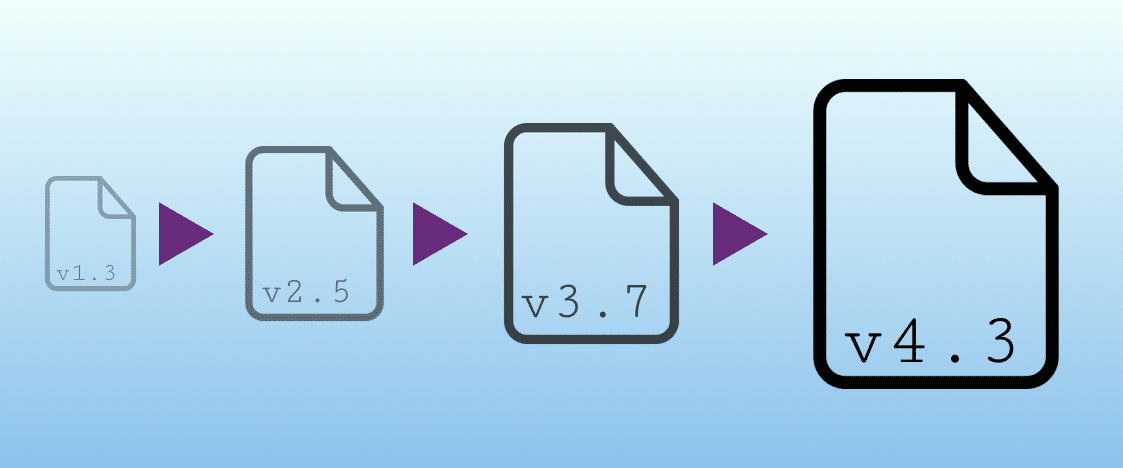
Code Testing Best Practices: Essential Tips for Robust Software

Introduction:
Effective code testing is a cornerstone of robust software development. In this article, we’ll explore essential best practices for code testing that ensure the reliability, performance, and maintainability of your software.
Implement Comprehensive Test Suites:
Building comprehensive test suites is a fundamental practice in code testing. Cover a range of scenarios, including edge cases and unexpected inputs. A well-designed test suite provides thorough coverage of your codebase, increasing the likelihood of detecting potential issues early in the development process.
Prioritize Automated Testing:
Automated testing is a key best practice for efficient and repeatable testing processes. Implement unit tests, integration













